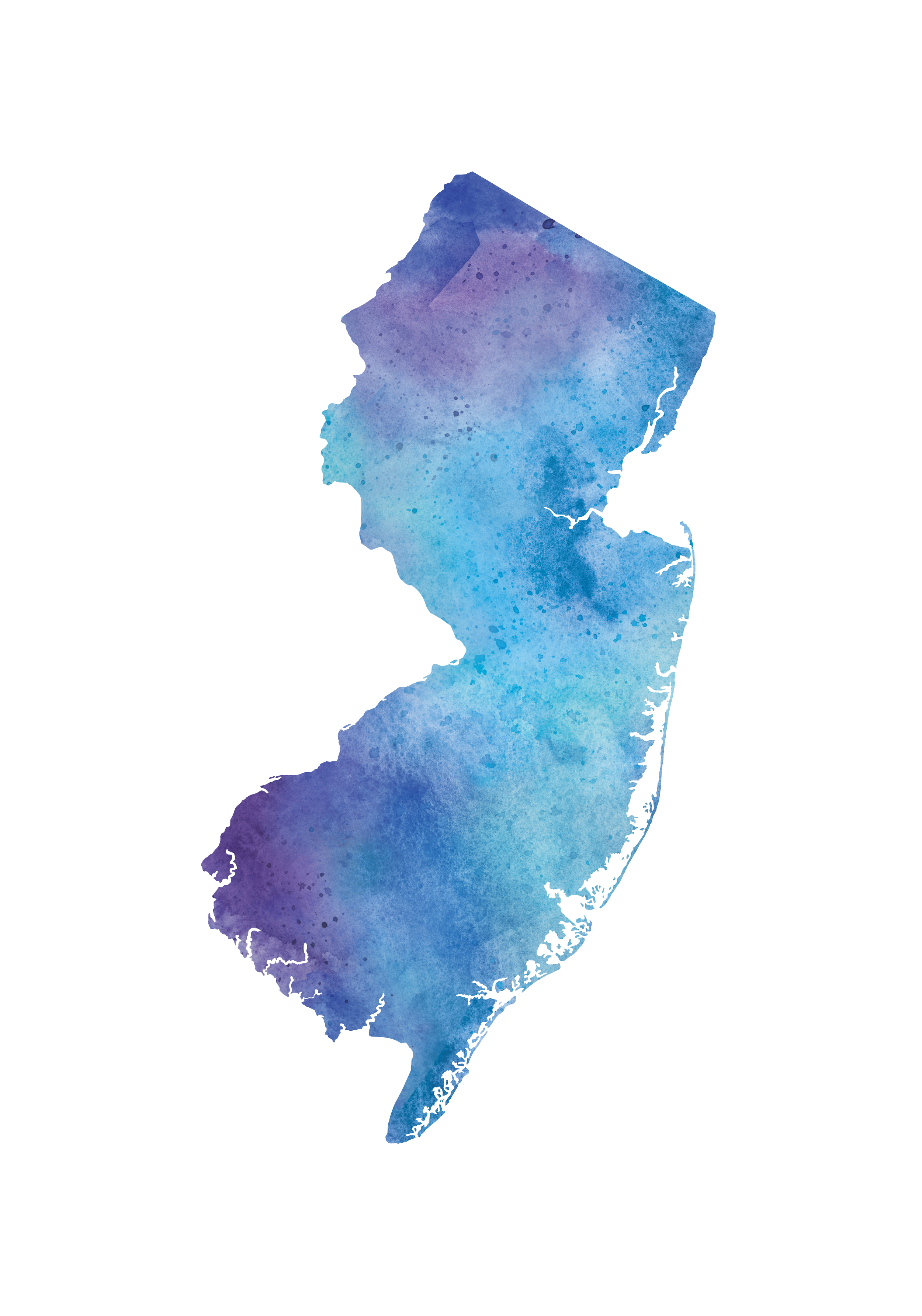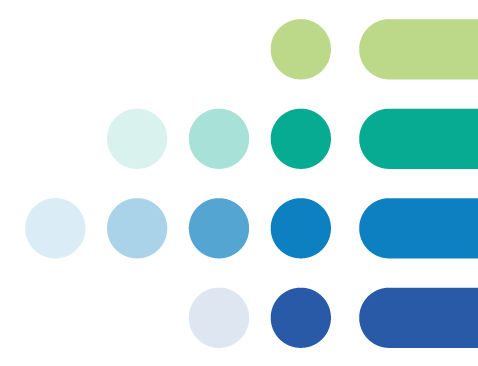New Jersey Health Initiatives (NJHI)
Small But Mighty Communities
Between 2020 and 2022, Data Across Sectors for Health (DASH) provided technical assistance to the ten awardee communities of the Small But Mighty Communities (SBMC) funding program of the New Jersey Health Initiatives (NJHI).
Learn more about SBMC
The main goal for the funded communities was to address upstream challenges to health and health equity by collaborating across sectors and by making better use of data resources.
The program focused on small communities with populations of less than 50,000 residents. The goal was to ensure that communities can avail themselves of resources they might otherwise be less likely to access.
Accordingly, NJHI provided each funded community with a local data dashboard developed by City Health Dashboard, while Data Across Sectors for Health provided technical support to the communities. Prior to launch, DASH also carried out an assessment to evaluate the readiness of the funded communities to use various data resources.
Shortly after SBMC kicked off, the COVID-19 pandemic swept the world, and the program had to make significant adjustments, with communities shifting to new priorities such as meal delivery, vaccine clinics, and infrastructure development. NJHI was also about to undergo its own restructure, which added another layer of complexity to the program.
For a more detailed evaluation of the program, you can read the Dawn Chorus Group’s program report from 2022.

What is NJHI?
What is NJHI?
The New Jersey Health Initiatives (NJHI), now Equity Ahora New Jersey, works to create a healthier, more equitable New Jersey by investing in resident-led community groups and networks, rooted in racial equity and centered on systems change.
The program is managed through a collaborative relationship among the Community Foundation of New Jersey, the Community Foundation of South Jersey, and the Robert Wood Johnson Foundation.
-
In the 80s, RWJF was looking for more opportunities to include programs from their home state in the foundation’s national projects. They were also looking to establish a more structured mechanism to evaluate proposals they were often receiving from organizations across the state. A funding program dedicated to New Jersey-based health projects surfaced as the appropriate solution.
In 1987, RWJF established the New Jersey Health Services Development Program, renaming it later to New Jersey Health Initiatives, or NJHI (pronounced en-jay-hi).
NJHI’s funding priorities have shifted over the years. Initially, NJHI selected projects that fit into RWJF’s larger national goals. Later, NJHI prioritized specific needs and topics they determined to be most relevant to New Jersey. Then, starting in the mid-2010s, NJHI shifted focus to building on RWJF’s national Culture of Health framework, which later provided the basis for a policy roadmap defined specifically for New Jersey.
Providing funding and technical assistance have been key components of NJHI’s program design, as well as establishing a learning network within each grantee cohort. In the late 2000s, RWJF also began requiring its grantees to partner with other organizations as a way to promote cross-sector collaboration for health. Soon, NJHI started to regularly partner with organizations (such as DASH) on initiatives focused on community-based organizations using data-driven partnerships to address social determinants of health. In the late 2010s, NJHI joined DASH and other initiatives to become a partner in the All In: Data for Community Health network, which was a nationwide coalition of organizations and practitioners invested in advancing health equity through multisector data sharing. As the field of community-based health initiatives evolved, so did NJHI.
Since 1987, RWJF has invested $100 million in NJHI and its work, and the program, in turn, has funded over 300 projects in New Jersey.
In 2020, RWJF announced it would reevaluate NJHI’s strategy. Accordingly, the foundation released a call for qualifications in 2022, “seeking an organization to work with [the foundation] to re-envision and realign the strategy, structure, and operations of New Jersey Health Initiatives (NJHI).”
NJHI relaunched in 2025 as Equity Ahora New Jersey, managed collaboratively by the Community Foundation of New Jersey, the Community Foundation of South Jersey, and the Robert Wood Johnson Foundation. The program provides funding and holistic support services to grassroots community powered groups rooted in racial equity and actively working on systems change.




